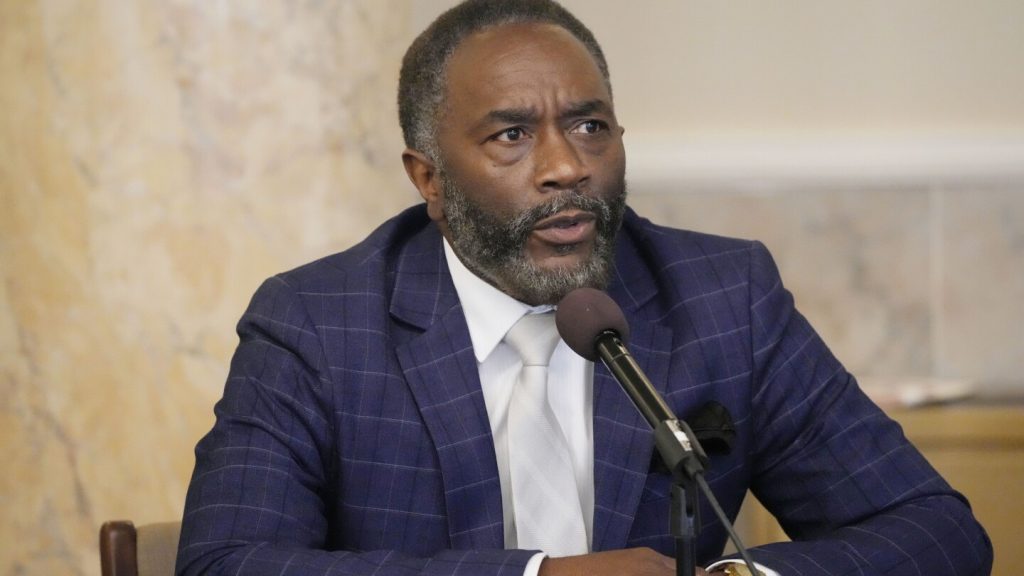Kenneth Almons is a 51-year-old man in Mississippi who lost his voting rights due to a felony conviction for armed robbery when he was just 18 years old. Despite serving a 23-year sentence and working hard to remain law-abiding since his release, Almons has not been able to regain his right to vote. Mississippi is among the 26 states that remove voting rights from individuals with criminal convictions, and the state’s list of disenfranchising crimes dates back to the Jim Crow era. People convicted of certain felonies, including bribery, theft, and arson, lose their right to vote in Mississippi.
The Mississippi Constitution outlines a list of 10 felonies for which individuals can lose their voting rights, and the state’s previous attorney general expanded this list to include 22 crimes in 2009. Over the years, the state has made changes to the list of disenfranchising crimes, adding murder and rape in 1968. To have their voting rights restored, individuals convicted of these crimes must seek a pardon from the governor or convince lawmakers to pass individual bills on their behalf, with a two-thirds approval from both the House and Senate. However, few bills have been passed in recent years, leaving many individuals unable to regain their right to vote.
Two lawsuits have been filed in recent years challenging Mississippi’s felony disenfranchisement laws, but the U.S. Supreme Court declined to reconsider a 2022 decision by the 5th U.S. Circuit Court of Appeals. Another case is still pending before the appeals court, with no ruling issued yet. Efforts to automatically restore voting rights to individuals convicted of certain crimes, such as theft and forgery, have faced obstacles in the Mississippi Legislature. A bill that would have allowed for automatic restoration of voting rights for certain offenses was blocked by a Republican chairwoman in the Senate Constitution Committee.
Lawmakers in Mississippi have continued to grapple with the issue of felony disenfranchisement, with both Democrats and Republicans acknowledging the importance of restoring voting rights to eligible individuals. Rep. Kabir Karriem, a Democrat, emphasized that voting rights are a fundamental human rights issue and a fight for justice, equality, and democracy. Democratic Sen. Hillman Frazier successfully passed a bill to restore voting rights for one constituent, but there are still around 55,000 Mississippians with felony convictions who remain disenfranchised. More than 50 bills have been filed this year to restore voting rights for specific individuals, and legislators have until early May to consider these proposals.
The issue of felony disenfranchisement in Mississippi has sparked debate among lawmakers, with Republicans arguing that existing processes are already in place for restoring voting rights on an individual basis, while Democrats push for broader reforms. Several legislators, including Rep. Zakiya Summers, have highlighted cases where individuals have been removed from voter rolls due to felony convictions, underscoring the need for a more streamlined process for restoring voting rights. As the legislative session in Mississippi continues, the fate of these proposed bills will determine whether more individuals with felony convictions will be able to participate in the democratic process by regaining their right to vote.


